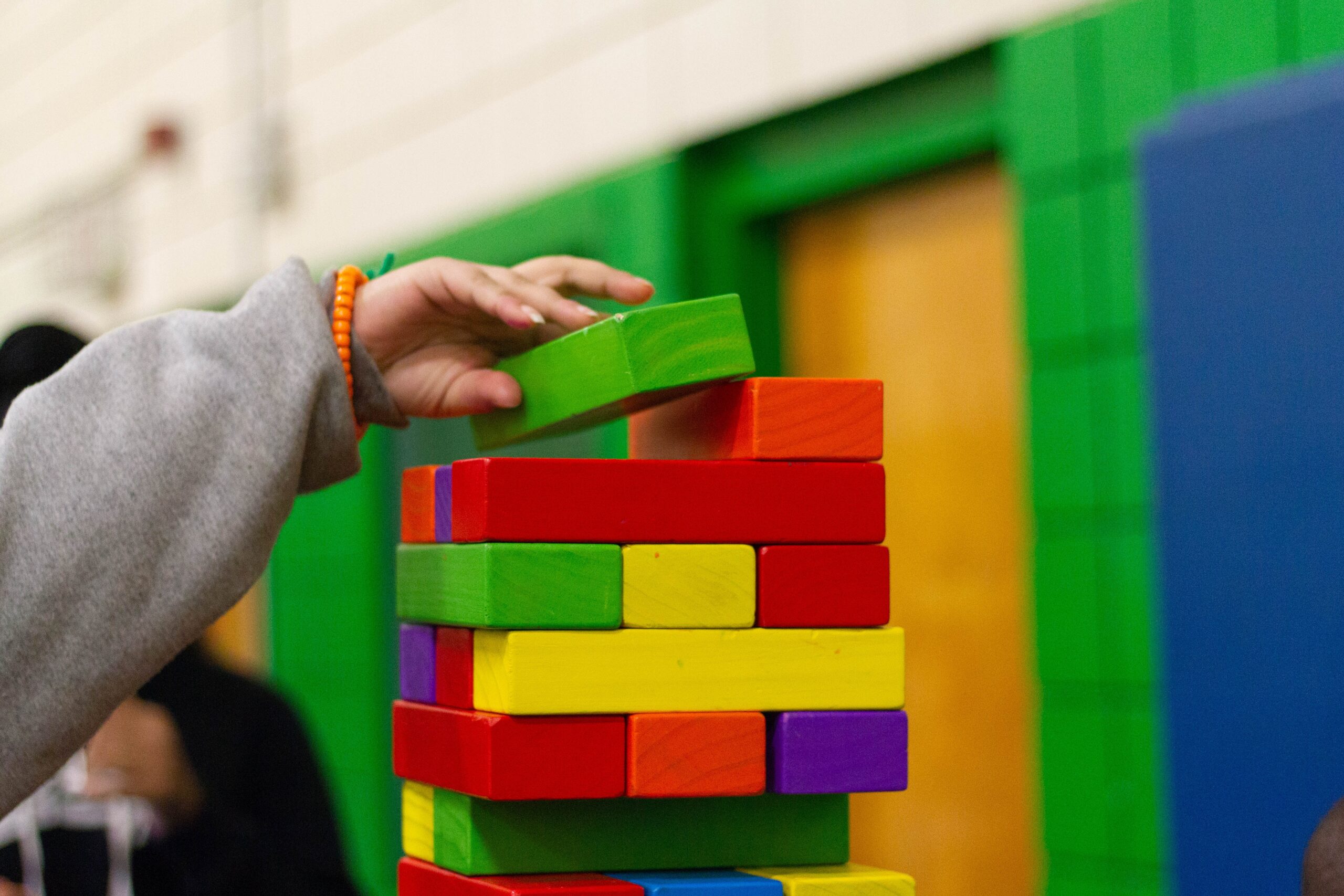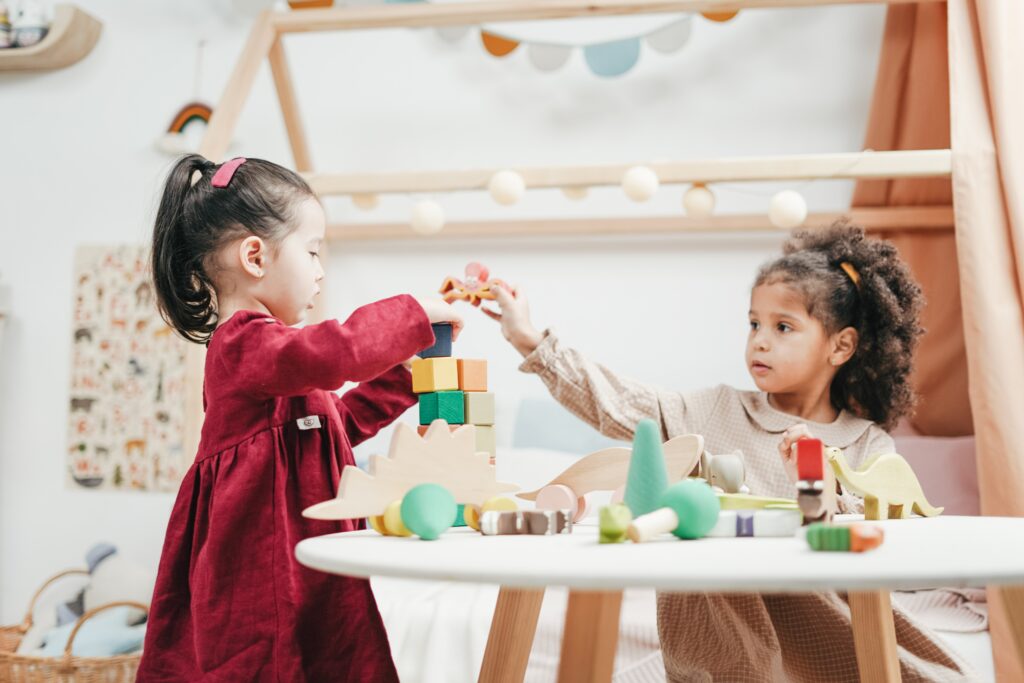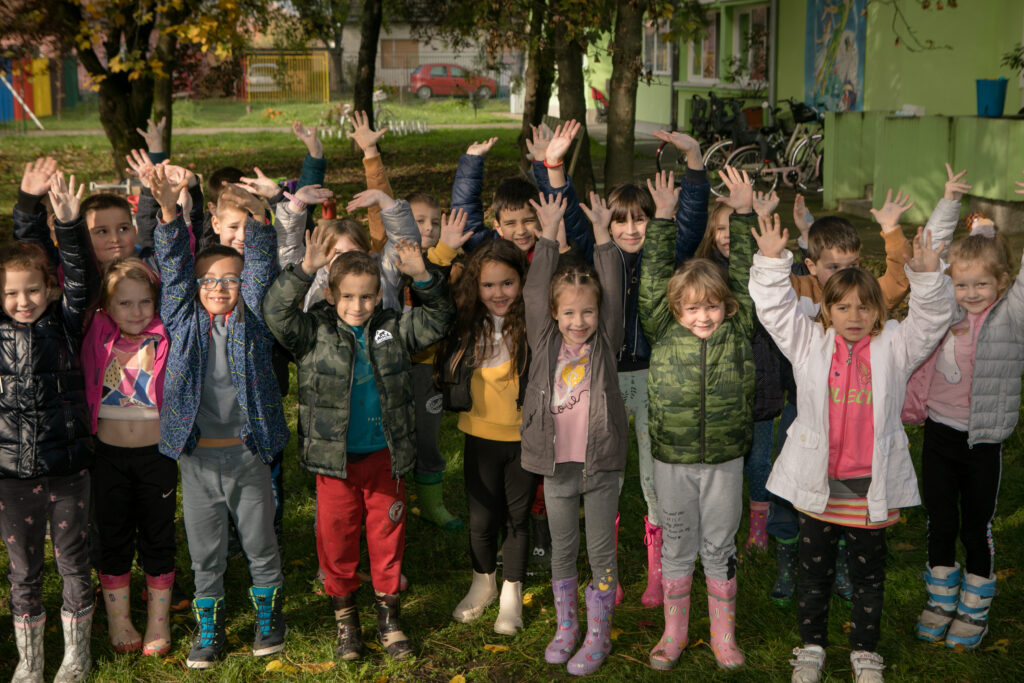Continuous learning is one of the most important aspects of a happy and successful life, as it allows us to keep expanding our knowledge and improving our skills. Not only will this come with greater opportunities in terms of higher education and professional careers, but it can go a long way toward personal fulfillment as well. Unfortunately, the desire to learn constantly is often lost throughout our lives, most commonly during our school years. Don’t let your children be discouraged by these obstacles and difficulties as well. Instead, make an effort to build a culture of continuous learning by following these simple tips:
Beginning the journey early
While schooling is invaluable to education, it simply can’t replace learning at home from a very young age. As early as their toddler years, children can start showing interest in building, books, science, simple math, and similar activities. If they are able to focus on these subjects, you can support lifelong learning by reading to your children regularly, prioritizing experiences over material items, and encouraging exploration and curiosity. Children are quite inquisitive by nature, a beautiful virtue that’s vital to learning and improving. Do your best to prevent your kids from losing this curiosity as they grow older – encourage them to explore their interests and keep asking questions.
Setting a good example
Being an advocate for lifelong learning is important, but it’s not enough to help your children understand the true value of continuous learning. You need to model this behavior as well. Smaller children will often mimic what you do, and older children can build good habits and carry them into adulthood simply by following your positive example. So, make an effort to demonstrate to your kids that learning can be beneficial at any age. This can be accomplished by reading frequently to stay informed, watching educational films and TV shows to learn something new, taking interesting online courses, or even going back to school once your children grow up.
Providing the right resources
As your children grow and start pursuing higher education, they will still need support to keep learning and enjoy the entire process. You can encourage them by providing the right resources that will streamline their educational journeys. Take a look at UK university students, for instance. They often leverage helpful King’s College London resources to simplify their studying processes. These resources represent a large collection of essays, projects, and study notes written by previous students who have attended the same courses. As such, they provide relevant material written in a succinct manner that significantly improves studying and retention. Attempt to find similar resources to help your own child continue learning and evolving.
Supporting their passions
As already mentioned, encouraging the curiosity of small children is a great method for instilling the importance of continuous learning from the very beginning. But you shouldn’t stop providing this support as your children reach their teen or even adult years either. Maybe your kids enjoy singing and playing musical instruments, perhaps they find science experiments to be quite compelling, or maybe they’re showing interest in computers and electronics. Regardless of their passions, try to provide the support your children need. This doesn’t have to be a large monetary expense; it could also mean dancing together, watching nature documentaries, or visiting local museums. In any case, engagement will be key to lifelong learning.
Promoting problem-solving
In conventional educational settings, children of all ages are used to following strict step-by-step directions. This could be a good method to utilize in a number of instances, but it can also negatively affect continuous learning over time. In order to stay motivated, children have to learn how to overcome issues that challenge their minds by finding the necessary information and learning something new through practice. For that reason, many parents across the US, for example, will give their small children choices every day instead of instructions, and provide older kids with opportunities for practice and experience rather than giving demands. You can leverage similar tactics to help your children develop critical thinking and solve their own problems and make their own decisions.
Teaching positive self-talk
When children are kind to themselves, their confidence grows in all areas of life, including education. Positive self-talk allows kids to be more optimistic about lifelong learning, helping them develop good self-education habits and overcome potential failures more easily. This is an excellent life skill that will keep positively affecting your children long after they leave the classroom as well. So, aim to guide your kids in the right direction and prevent negative self-talk through sound logic, frequent positive affirmations, continuous encouragement, and more compassion.
Lifelong learning nurtures those truly exceptional traits in your children. Encourage it and instill its importance by following the helpful advice mentioned above.
Lilly Miller is a freelance journalist focused on sustainable living, family lifestyle, and continuous learning. With a degree in marketing and almost a decade of journalism experience, she writes hands-on articles based on a holistic approach and thorough research.



















